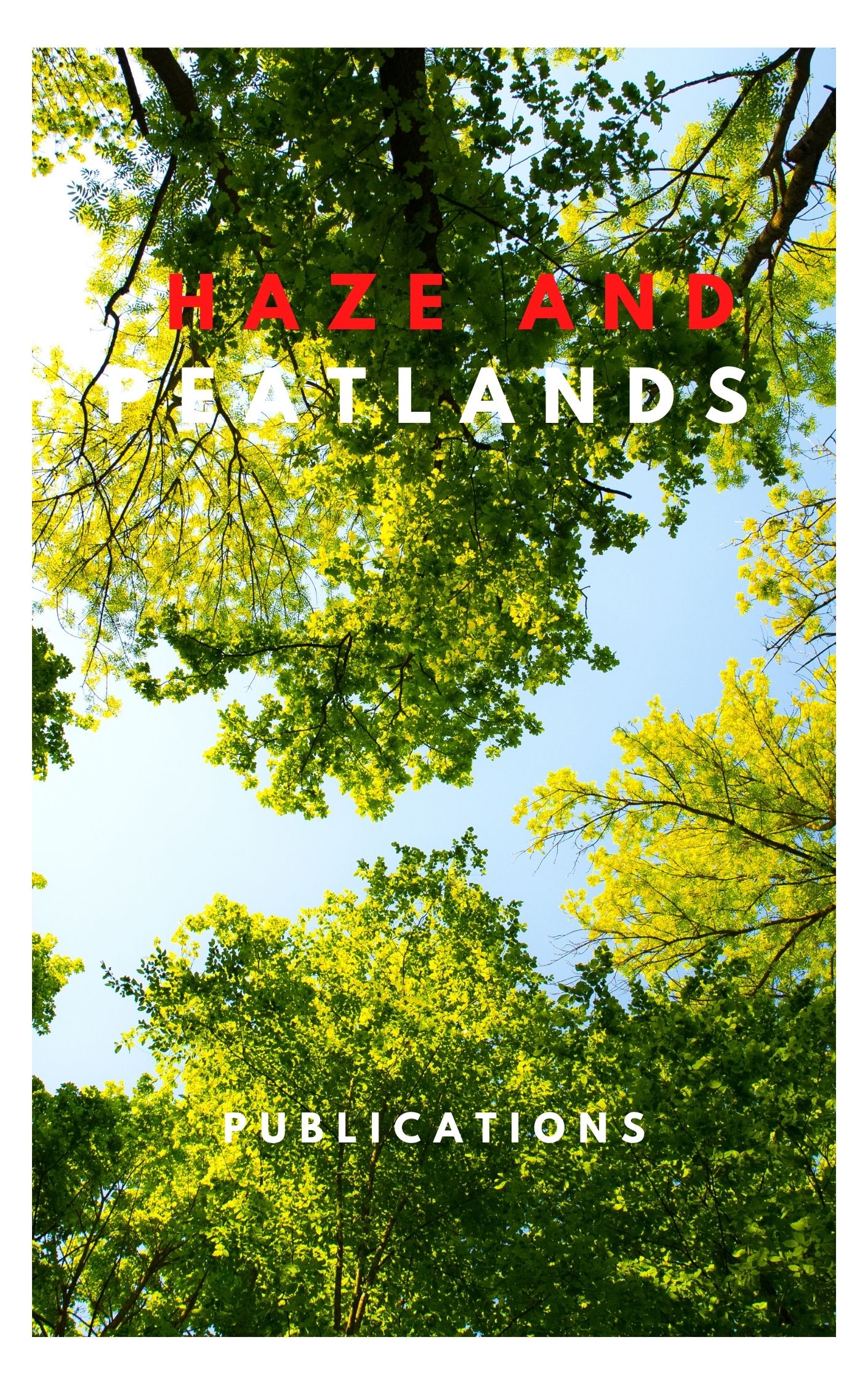This paper examines the causal effects of air pollution on the household consumption of water and electricity in Singapore. Using the transboundary haze pollution caused by forest fires in Indonesia as an exogenous shock, we find that increases in haze pollutant intensity in the air significantly increase water and electricity consumption. In particular, the intra-day and inter-day analyses on hourly household water consumption are consistent with the risk avoidance and the risk mitigation behaviors during severe haze episodes. During the haze periods, households stay indoors and avoid outdoor activities to minimize exposure to health risks. When they need to engage in outdoor activities during the weekdays, they increase efforts in mitigating health risks associated with air pollution. Moreover, the analysis of social media data shows that the level of public awareness of air pollution is positively related to energy consumption by households. In addition, the effects of haze-induced utilities consumption is correlated with the duration of air pollution. While household utilities consumption quickly returns to normal after transitory pollution exposure, the effects are stronger and persistent after a longer period of air pollution; households maintain a higher level of utilities consumption for two months after a lengthy haze, suggesting a substantial spending on additional water and electricity usage due to air pollution events. © 2019 Elsevier B.V.
View source

